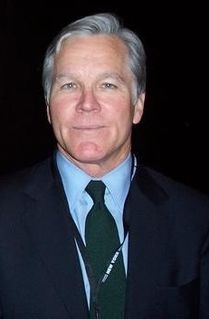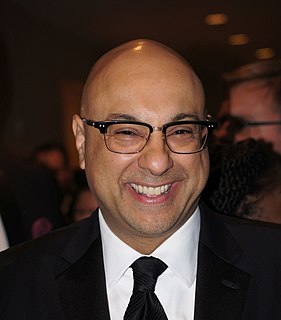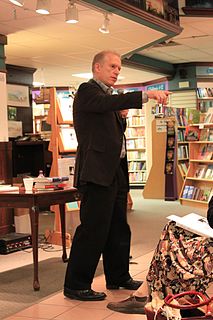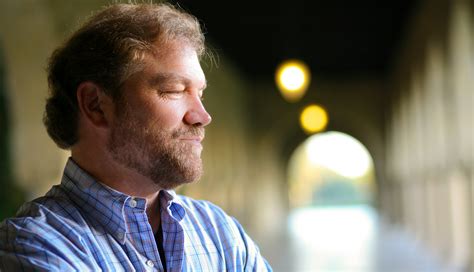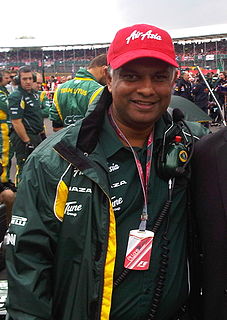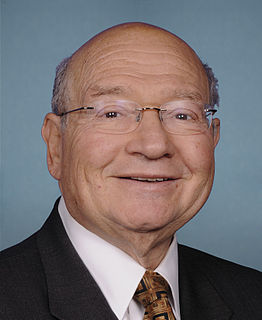A Quote by Russell Crowe
I think that if there are problems in journalism they're created by journalists... the trivialisation of the news and the sort of snyed, cynical allowance of untruth to be in a newspaper because it might be titillating.
Related Quotes
I think our primary function is to create the strongest, deepest, most interesting news report there is in the world.And whether it's on the front page of the newspaper or leading the home page doesn't really matter. We reach a huge audience on the Web. And really, you know, the journalists, whether they are reporters or editors or Web producers or multimedia specialists, we're all creating, you know, the journalism that is the bedrock of our news report. And that's true for the newspaper, the Web, our apps, and you name it.
Your regional newspaper, and I like to use this example, in your local museum buys a Picasso, that's news especially if they've spent $10 million for it. But if you don't have a credit on your staff then you don't have anybody who's confident to say whether or not it was a good Picasso, might even be aware of the fact that there are bad Picassos. Arts journalists who don't have the experience of criticism, the skill of criticism, don't think in terms of critical evaluation are not going to be as good a journalist as they might be.
A free press is one where it's okay to state the conclusion you're led to by the evidence. One reason I'm in hot water is because my colleagues and I at NOW didn't play by the conventional rules of Beltway journalism. Those rules divide the world into Democrats and Republicans, liberals and conservatives, and allow journalists to pretend they have done their job if instead of reporting the truth behind the news, they merely give each side an opportunity to spin the news.
I think we - "we," meaning the media - have generally caused Americans to consume news in smaller, less contextualized bites. I think we have sugar-coated the news. I think we have provided news that is consumable, at the expense of news that is more important. I think we have created a world in which extreme views push out moderate views.
Pulitzer's Gold is a goldmine of inspiration for both journalists and non-journalists. Those in the newspaper business, who now find themselves obsessing about staff cutbacks and circulation declines, should embrace this book as a reminder of the highest ideals, and the absolute thrills, to be found in their profession. As for regular readers, Pulitzer's Gold offers marvelous storytelling, real-life adventures, and absolute proof that journalism can change our world for the better.
News at Work is a vivid, inside look at the collision of print journalism and electronic media. Based on close access to the leading news organizations in Buenos Aires, Boczkowski documents how contemporary journalism is caught in the grip of emulation; this spiral of imitation exacerbated further by global news media and their intensifying homogenization. The portrait of this transformation of the news is both fascinating and deeply worrying, and is guaranteed to provoke debate.
The first victim in journalism today is proximity. I know I've used that word a lot. Because of foreign budgets, newspapers have consolidated, and journalists now cover dozens of countries at a time. It is physically not possible for one person to understand and live the unique sets of experiences in all these places in honest and meaningful ways. Outlets used to send journalists to places like Congo for months at a time, and they were stationed there for months or years. There was a sense of immersive reporting, and that has been a casualty of the shift in news over the past years.
The media has changed. We now give broadcast licenses to philosophies instead of people. People get confused and think there is no difference between news and entertainment. People who project themselves as journalists on television don't know the first thing about journalism. They are just there stirring up a hockey game.



